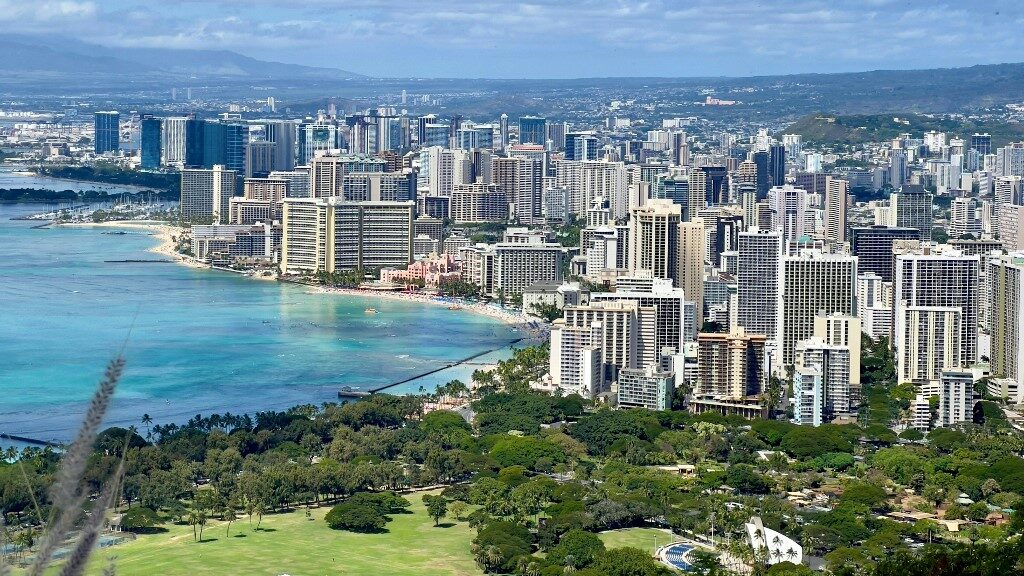
Hawaii is one of the few states without a state lottery or gambling of any kind. However, that could be changing as a few sports betting bills are currently being sponsored. Chief among them is Senator Ronald Kouchi’s SB 3376, which could be viewed as a first step toward generating an untapped revenue stream.
Let’s delve into the initial steps of this process and consider what the approval of the bill could signify for the online sportsbooks industry.
Reaping Revenues
Sports betting bills have been advanced before in Hawaii without any success.
However, in this session, State Senator Ronald D. Kouchi introduced SB 3376, which would legalize and regulate online poker and sports betting in the state. It includes a few different wrinkles that may appeal to his fellow legislators, which could propel this into law at some point down the line.
Wildfires have devastated the region.
It is estimated the state has suffered $6 billion in losses because of the havoc wreaked by those natural disasters. Senator Kouchi’s bill addresses this by establishing a wildfire relief fund that is financed by revenues derived from the tax on sports betting.
According to estimates by the Sports Betting Alliance, $6.8 million per annum would be generated by mobile sports betting in Hawaii, and specifically earmarking funds toward that relief effort would be welcome news for those who want to repair the damage wrought by the fires.
The bill also aims to fight the active illegal gambling market in Hawaii that brings no tax benefits to the region.
What’s in the Bill?
Senator Kouchi’s bill would establish a Hawaii Gaming Control Commission to govern and oversee the implementation of online sports betting and poker.
It would also have an age minimum of 21 to wager while only one mobile gaming operator would be allowed to operate, much like the monopoly DraftKings enjoys in New Hampshire, and pay a 70% tax rate on adjusted gross revenues in the first year to operate with a decrease of 5% per year.
As we can see, monopolies come with a price.
DraftKings pays an onerous 51% tax to New Hampshire even though its population is sparse in comparison to the most fertile sports betting market, New York, where the Boston-based bookmaker also operates. However, the exclusivity of being the state’s only mobile betting option makes the hefty tax rate worth the price, which is the premise upon which Senator Kouchi’s bill is predicated.
All operators that apply for a license would be required to pay a $50,000 registration fee, which would be required to do background checks and complete the vetting process. Any overages would be billed to the operator while partial refunds would be issued if the process costs less.
The following would be required of any operator applying for a mobile sports betting license:
- Must apply for a license within 60 days of the application period being available.
- Estimate the total number of employees.
- Estimate the economic benefit to the community.
- Estimate gross receipts.
- A training plan for its employees must be submitted.
- A $200,000 bond would be required from the winning bidder.
- 10-year term, renewable for another 10 years.
Bookmakers Review will continue to monitor this story and update our readers as events unfold.














